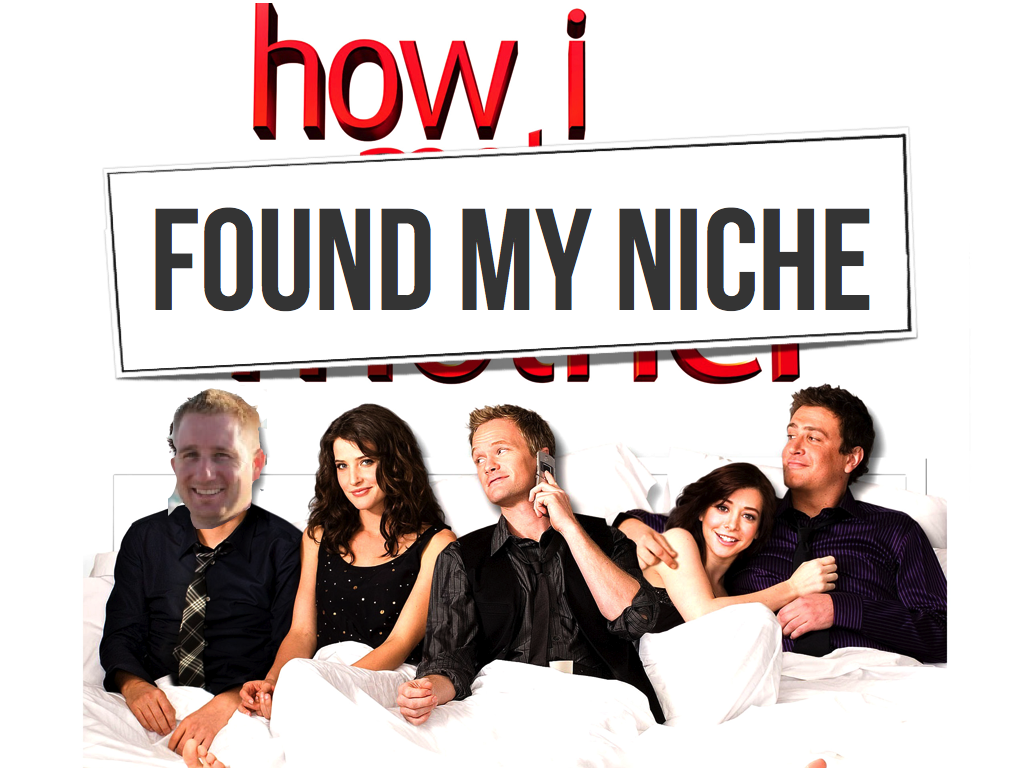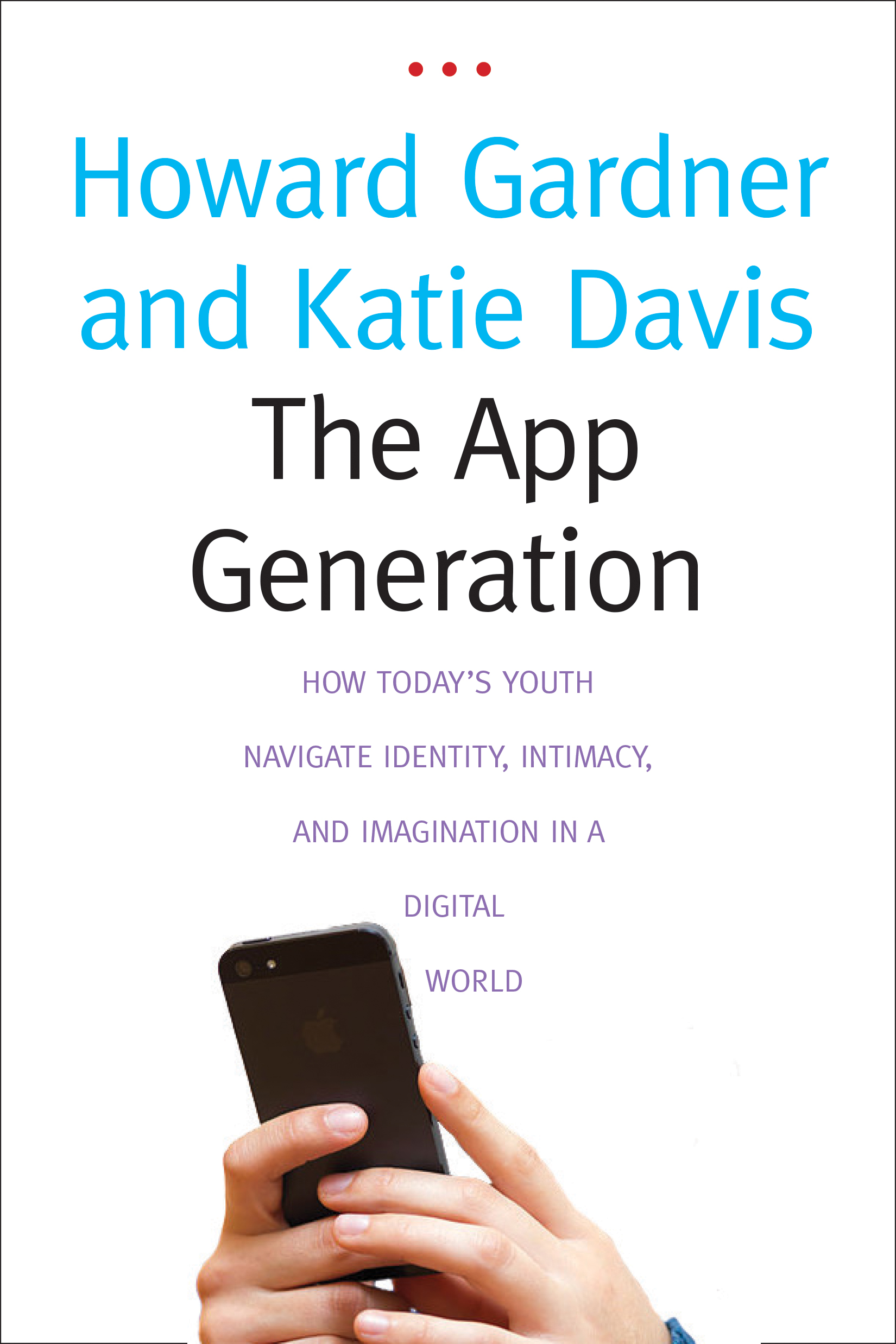 Hi everyone, Amma Marfo here. Two quick things about me that you’ll need to know before we begin:
Hi everyone, Amma Marfo here. Two quick things about me that you’ll need to know before we begin:
(1) I am a reader. I am a library-loving, constant tome-carrying, unapologetic bibliophile.
(2) If there’s anyone you will meet who can connect what she’s reading to the world around her, it’s me.
As such, I want to dedicate my time in this space to sharing with you what I’m reading, and how it could inform a budding professional’s daily life.
This month's read was a quick one, an artsy one, and a fun one. Austin Kleon, an artist who became famous for his first book Newspaper Blackout, is the master of taking found objects and using relatively little (in his case, a black permanent felt-tipped marker) to turn it into art. In Steal Like an Artist, this month's book, Kleon translates his method into a series of actionable tips to help the budding creative learn how to constructively use the influence and inspiration of other artists to find his or her own voice. But I want to do Mr. Kleon one better.
Too often, as young professionals make the transition into the workplace, they start to lose themselves. A recent article on Total Sorority Move confirmed my fear that most graduating college students and other young adults are convinced that entering the professional world must be synonymous with absolute composure, instant poise and understanding, and...well, resignation to boredom.
But this does not have to be your fate.
Austin breaks his books down into ten major tips, upon which he expands in each "chapter." Within those chapters, there were a few additional tidbits that struck me as essential for valuing yourself- yes, you, with all of your quirks, flaws, and insecurities- as a source for creative inspiration and productivity. Being an "adult" doesn't mean being boring; on the contrary, you'll do better and more impressive "adult" work if you're not!
Don't throw any of yourself away. By this, Austin means that the things you get paid to do shouldn't necessarily keep you away from the things you like to do. Find a hobby. Hobbies give you a structured outlet to release stress, provide guaranteed time away from your desk or the office to focus on new and different tasks or problems, and they keep you interesting! There will come a time where you gather with a group of friends, vowing to not talk about work...only to relent moments later, realizing you have nothing else to talk about. Break that cycle. Austin talks in the book about how having a hobby makes his art better:
It's important to have a hobby. A hobby is something creative that's just for you. You don't try to make money or get famous off it, you just do it because it makes you happy. A hobby is something that gives but doesn't take.
Too many people worry that having something to do after work will tire them out, or resist taking the time a hobby demands because they're tired after work. But the funny thing about having hobbies you truly enjoy is, the more you engage in them, the more energy they give you.
It helps to live around interesting people. Austin refers to living around interesting people, but this could really refer to the people you surround yourself with. Surround yourself with interesting people. This is going to mean actively cultivating relationships with people that you don't incidentally run into (like neighbors or co-workers). Make no mistake, making friends after school (be it high school or college) is difficult. Personalities solidify as we age, people become set in their ways, and it takes work to find those people who "get" you. But the payoff is absolutely worth it.
According to Austin, "you have to find a place that feeds you- creatively, socially, spiritually, and literally." And when you find those people who can give you perspective that reaches beyond the mindset you use at work each day, you become stronger and more fulfilled. Speaking for myself, the best parts of my days, evenings, and weekends are when I get to spend time with people who don't do what I do. Their fresh perspectives remind me of a world outside myself, and their take on challenges I'm be facing provides insight that I may not always see from my entrenched stead in the "muck" of the issue.
Don't [write] what you know, [write] what you like. In addition to my day job and my work on this blog, I'm also a blogger and writer in my own right. Very little of my writing comes from things that I've developed expertise in or was educated to do. Rather, I write about things I enjoy. Things that make me laugh. Things that my friends show me. Things that provide an outlet to the work I do during normal work hours. As you move into sharing your opinions in the office, and taking on new projects or initiatives, it can be helpful to approach these projects using the strategies that you learned in school. But, within reason, you can also choose to attack them in a manner that best works for you, a way that feels good. Of course, I would never advocate for skirting procedures set forth by your company- creativity isn't always appreciated in fields like medicine, accounting, or engineering. However, the rigidity of such fields is all the more reason to let your personal interests and abilities shine in those rare moments where it is deemed appropriate.
"Don't worry about unity from piece to piece- what unifies all of your work is the fact that you make it." This could be my favorite line of the whole book. Tradition, education, and social norms dictate that we choose one path- when you finish school, you'll be a writer. Or a doctor. Or a teacher. But Austin says that not only can we be several things at once, but we shouldn't worry about what others think of that. Jeff Haden of Inc. echoes this sentiment in his piece "Why We Should All Be an 'And'":
To most people, “specialization” indicates accomplishment and success. The opposite is true. You, me we’re too good to specialize. None of us is one “thing.” All of us possess a variety of skills – including skills we aren't using. And no matter how successful we are in one pursuit, we all have other skills we would enjoy developing and using. Regardless of how fulfilling a current business or job may be, we all have other things we would enjoy doing too… especially if we got paid to do them.
To refer back to the TSM article I linked to at the beginning of this piece, this idea of specialization was what bothered me most. In the mind of the young woman who wrote that piece, being able to enjoy life, be responsible, AND be a professional were mutually exclusive. You could be one OR the other, and being the latter meant that the former simply had to disappear. Being an "and," as Jeff puts it, keeps us vital. It prevents us from getting bored. And it allows our many pursuits to inform one another, making us stronger workers, friends, and people. Being an "and" is the best way to steal from yourself- do what you love, however many things that may be, and let it make you strong in all that you do.
 I get my hard working, “help-everyone” attitude from my dad, but can put to use my mom’s outgoing personality to strike up conversations to network and connect people together. I’m most grateful that the memory gene has been passed onto me and it comes in handy while building relationships with everyone I meet.
I get my hard working, “help-everyone” attitude from my dad, but can put to use my mom’s outgoing personality to strike up conversations to network and connect people together. I’m most grateful that the memory gene has been passed onto me and it comes in handy while building relationships with everyone I meet.













